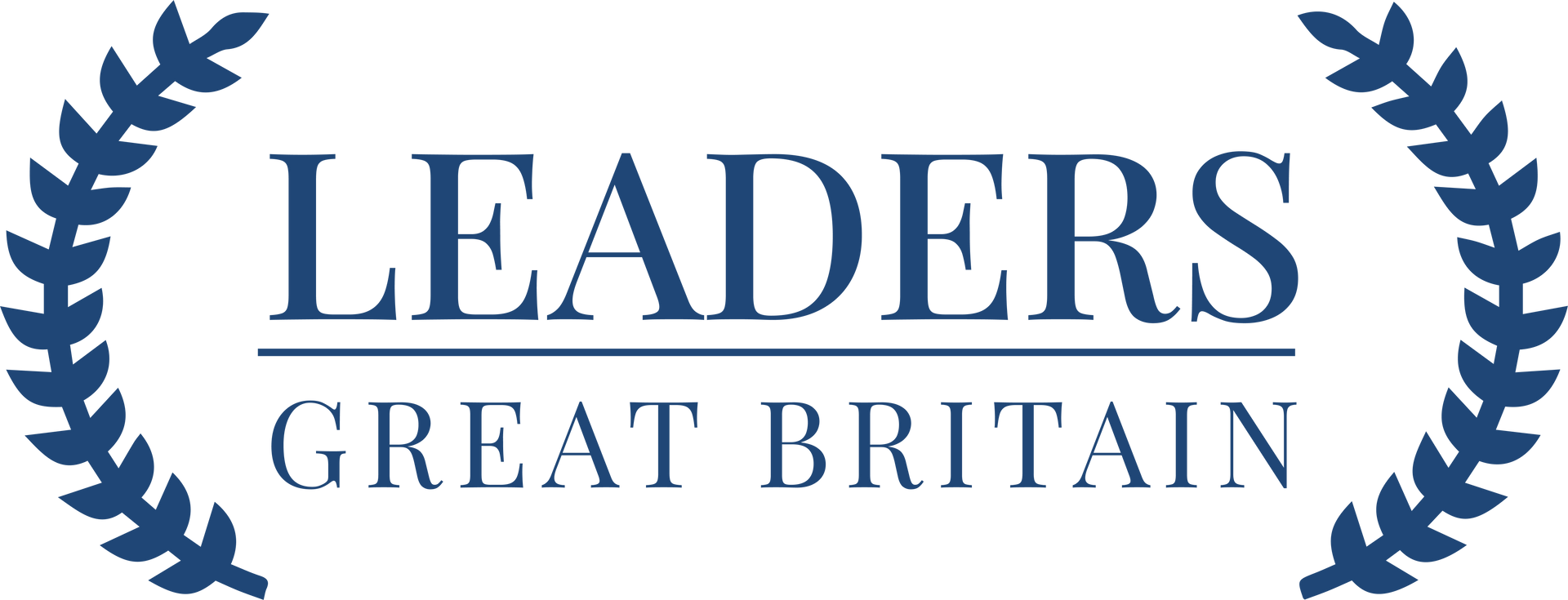Promoting Skills to Young People
Promoting Skills to Young People

British productivity has been the focus of a lot of attention in recent years, as reports suggest we are slumping behind some of our European neighbours.
There are multiple reasons regularly cited when trying to get to the bottom of this issue, but it is hard to find anyone involved in business, especially those that relate to a particular craft, who do not cite a skill shortage and lack of training as part of the problem.
The ongoing election campaign reflects this. The Conservatives have pledged £600 million per year to a ‘new National Skills Fund’, Labour have promised £3 billion for adults in England to tap into in order to retrain while the Liberal Democrats have declared a £10,000 ‘skills wallet’ for everyone over 18.
A part of the solution to this shortage may well be a focus on skilled trade at a younger age, showing children that it can be a very aspirational and profitable career.
Many of those who work in these fields for a number of years find themselves to be experts in a lucrative market, often setting up businesses themselves.
Mike Charalambous, founder of Tradeforce Gas & Heating, Islington, London, found himself in exactly this position. He ran his business for ten years as a sole trader, honing his craft and developing his business instincts, until securing a contract with growing estate agents Kinleigh Folkard & Hayward. Initially relying on contractors to match demand, he now has ten people working for him across London.
Through experience and understanding only gained through years in a particular field, Charalambous has been able to build a workforce that suits the needs of clients. He writes in his best practice article for The Parliamentary Review that he now has ‘more time on business development’ and thus has time to ‘gain more well-established clients and expand our service’.
Perhaps if more people knew the path that figures like Charalambous had taken to end up running a successful business, more young people would aspire to the roles that society really requires.























